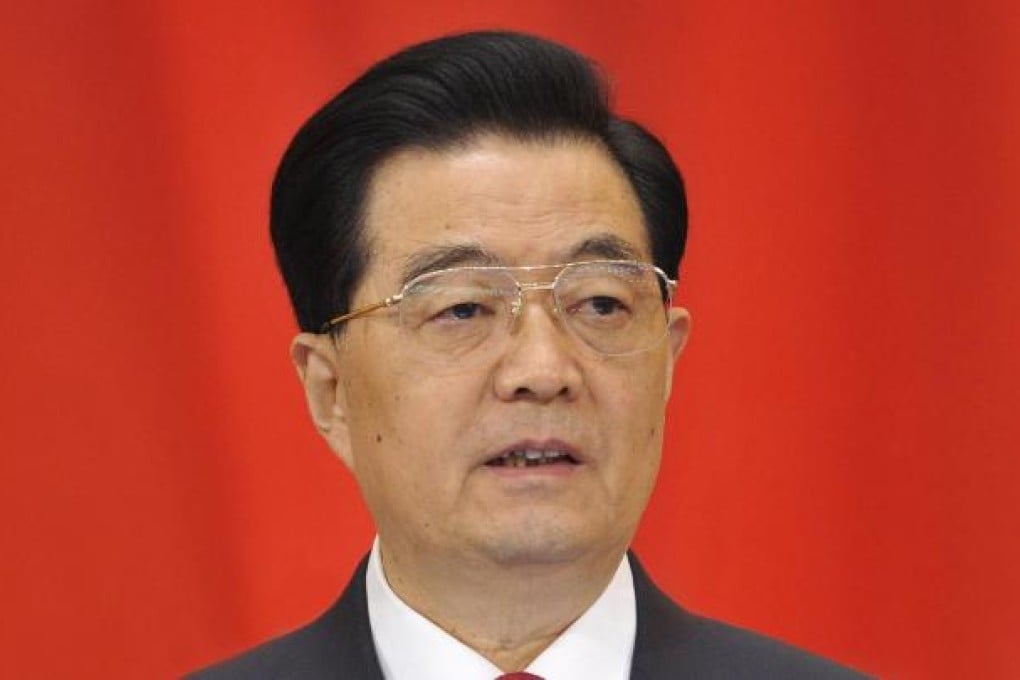Hu Jintao's speech 'puts successors in straitjacket'
Analysts say Hu's address set limits for change and offered few new ideas for political progress

Party Secretary Hu Jintao's failure to provide a departing vision for political reform has put severe limitations on his successors, who must cope with any crises that may arise from political stagnation, analysts say.
"We uphold the great banner of socialism with Chinese characteristics; we reject both the old and rigid closed-door path and the evil path of shifting banners," Hu said on Thursday while delivering his work report.
"We must never copy the Western political system," Hu vowed, deflating liberal camp hopes the party may use the congress to take steps towards political openness, such as constitutional democracy and a separation of state and party powers.
Analysts said Hu's speech set boundaries for the changes that can be undertaken by his successors and offered few new ideas for political progress.
"He has set the tone that any future reforms must be made within this framework and cannot go beyond it," said Yuen Kee-wang, a Hong Kong-based political commentator. "That is, we won't copy the West and must stay on the Chinese path."
Chen Ziming , an independent analyst in Beijing, said Hu's rhetoric provided "negative equities" to his successor as party leader, Vice-President Xi Jinping . Chen said he expected Xi had his own agenda for change, but said Hu's report had put pressure on the next generation of leaders.
"If this report becomes the guiding principles for the next five to 10 years and Xi follows Hu, then they're effectively handing over a time-bomb to the future China," Chen said.